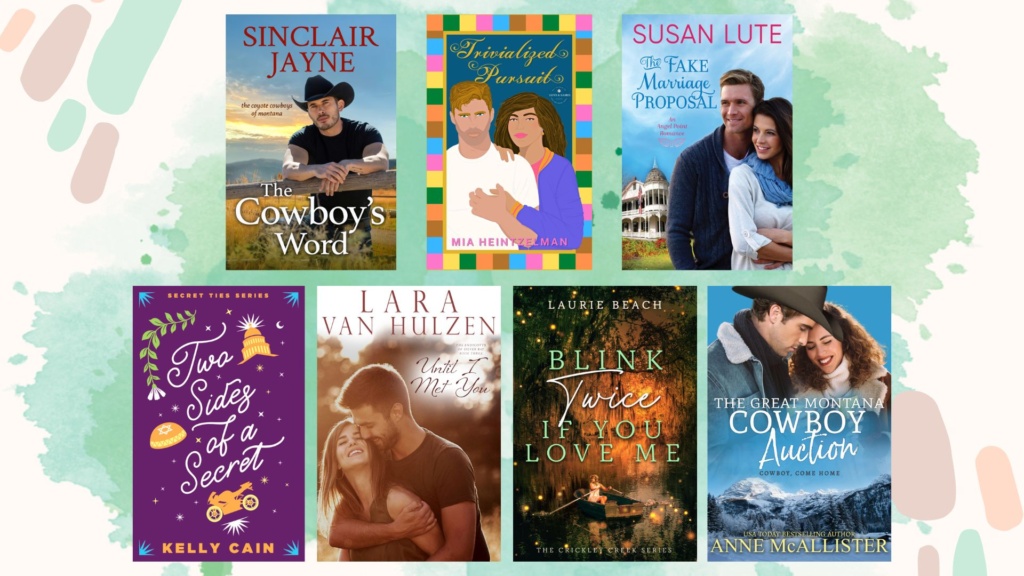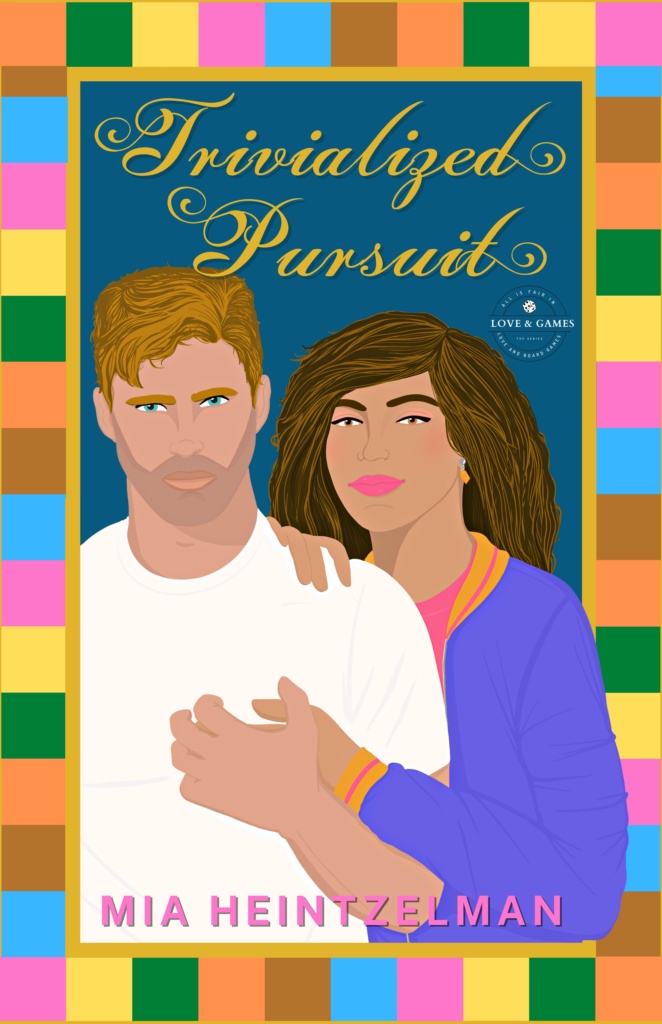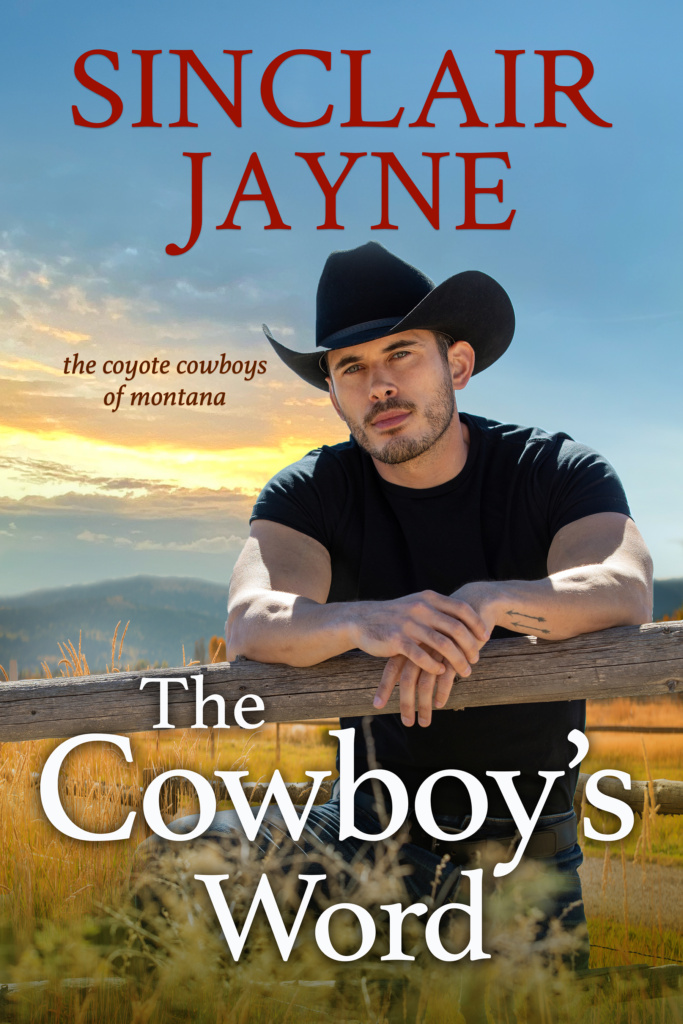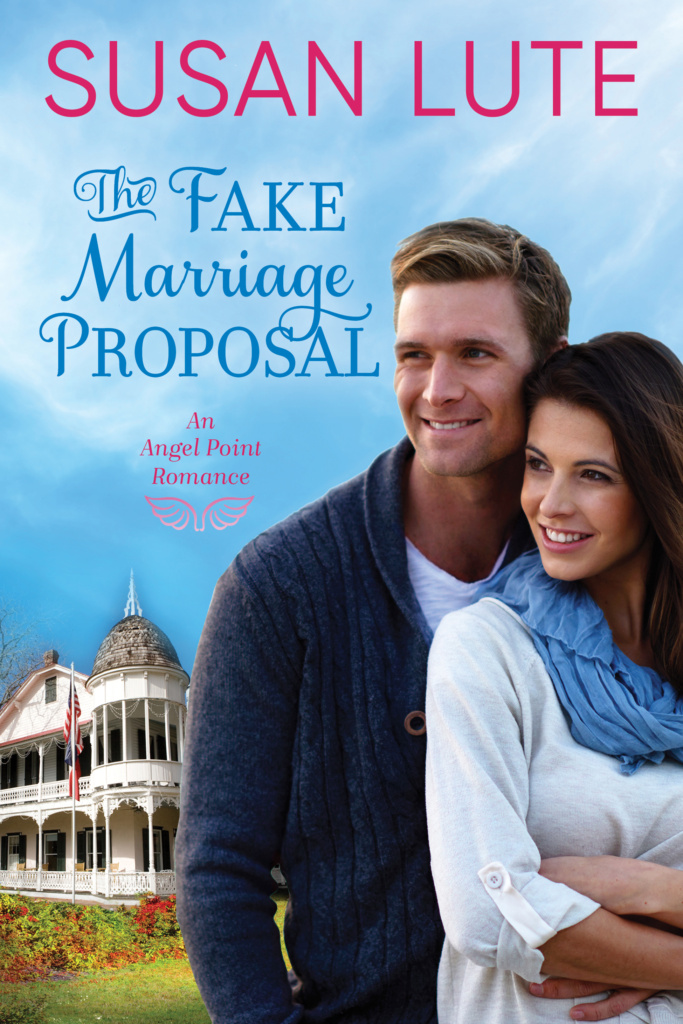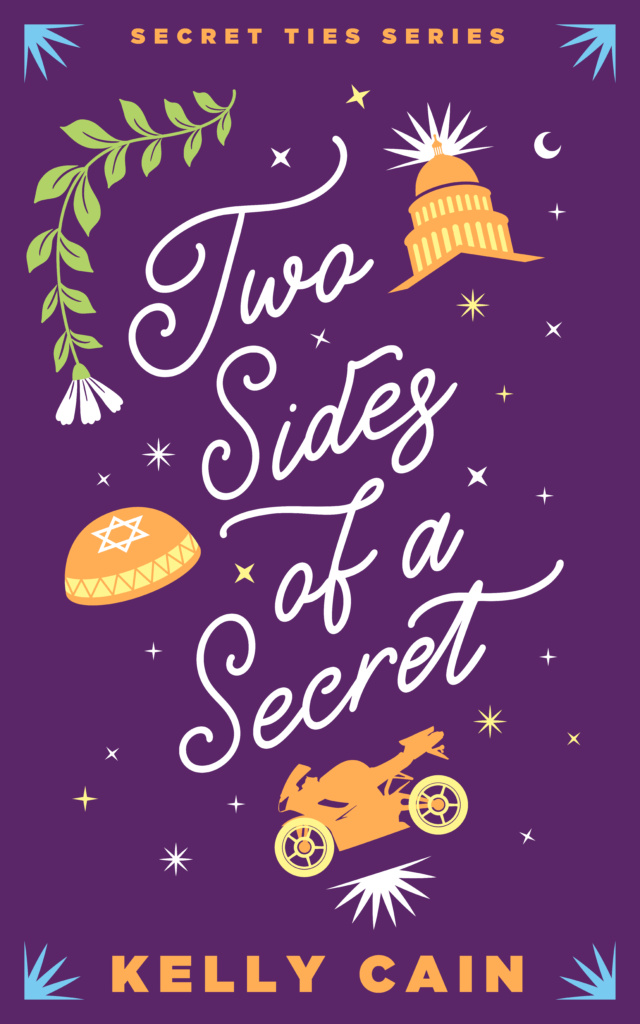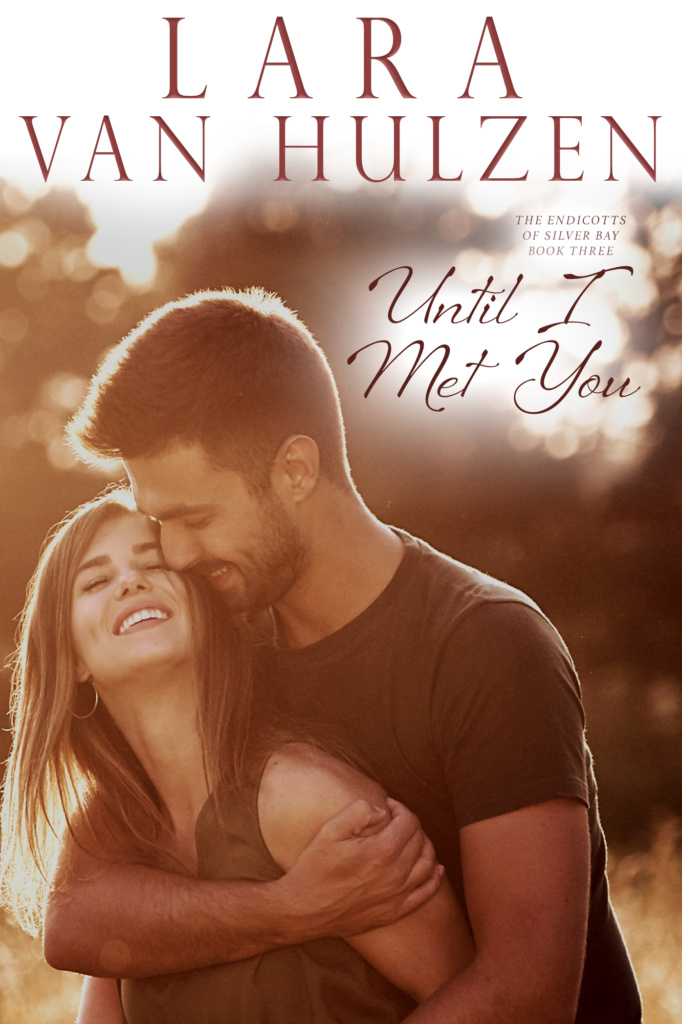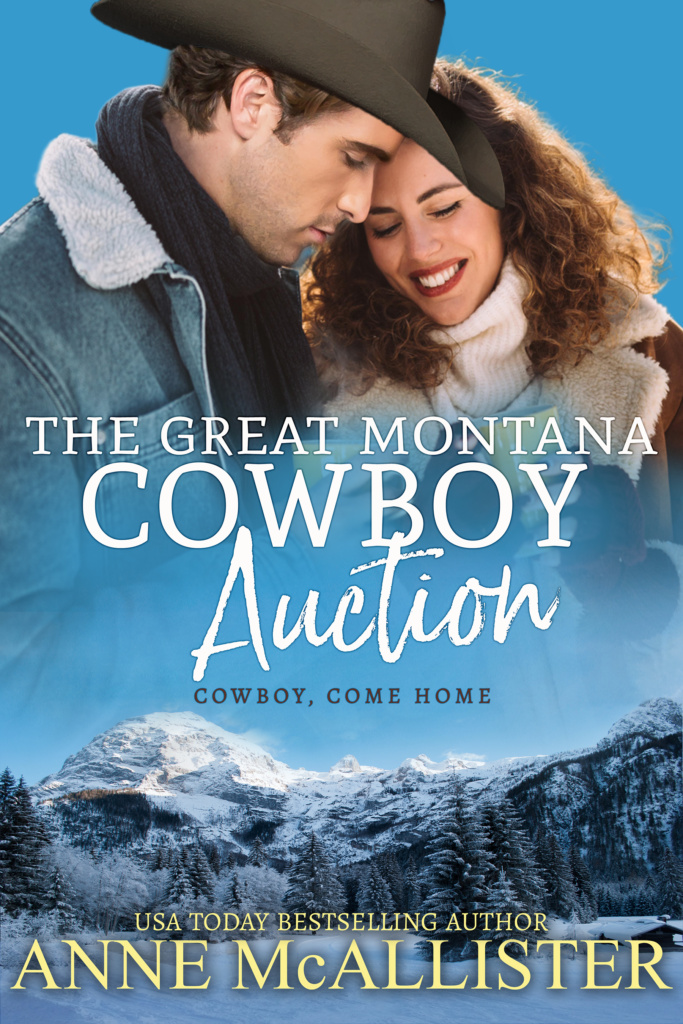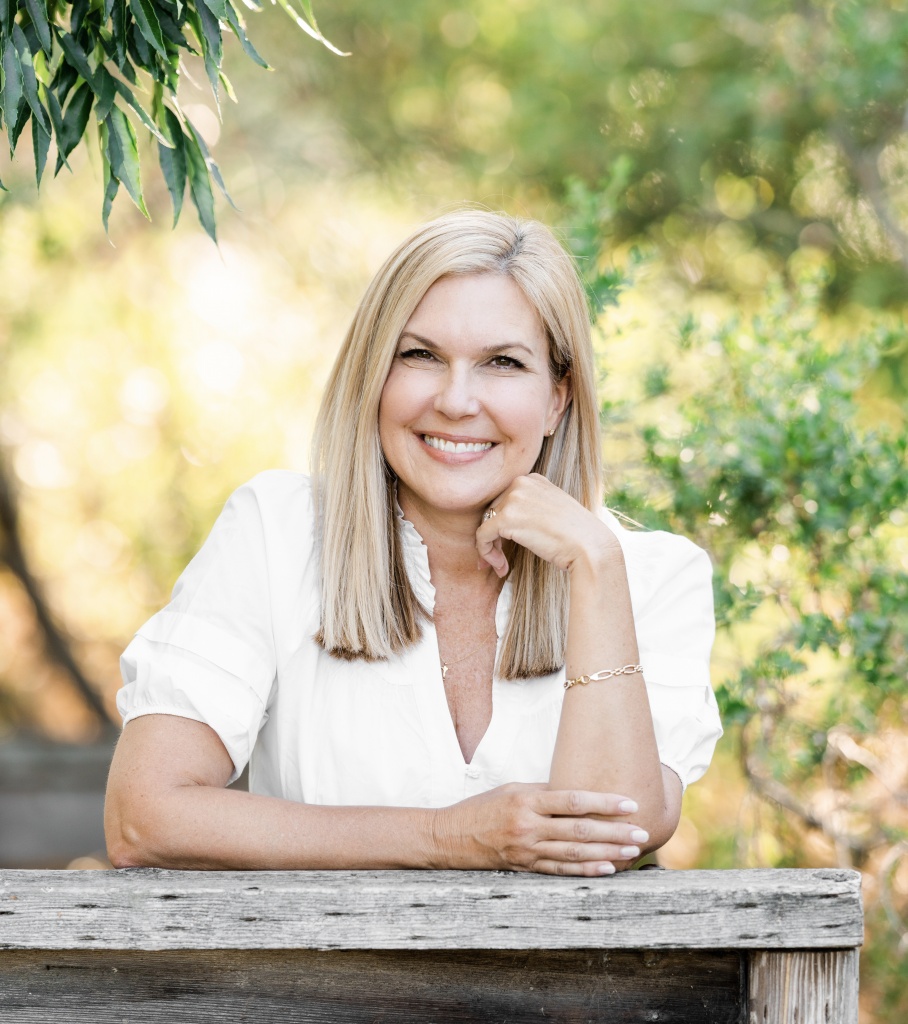 We had a chance to sit down with Tule Author Laurie Beach and talk about how her career landed her as a full time writer, and how impactful her fictional town of Crickley Creek has become in her moving forward.
We had a chance to sit down with Tule Author Laurie Beach and talk about how her career landed her as a full time writer, and how impactful her fictional town of Crickley Creek has become in her moving forward.
How has your diverse career background influenced your writing style and storytelling techniques? I learned to be clear while writing as a press secretary, concise when I worked as a television news reporter, and I added in an extra layer of creativity as an advertising producer. But the thing that taught me the most in my life was parenthood. I didn’t realize at the time how all of that intense human interaction and writing practice would benefit me in my future career.
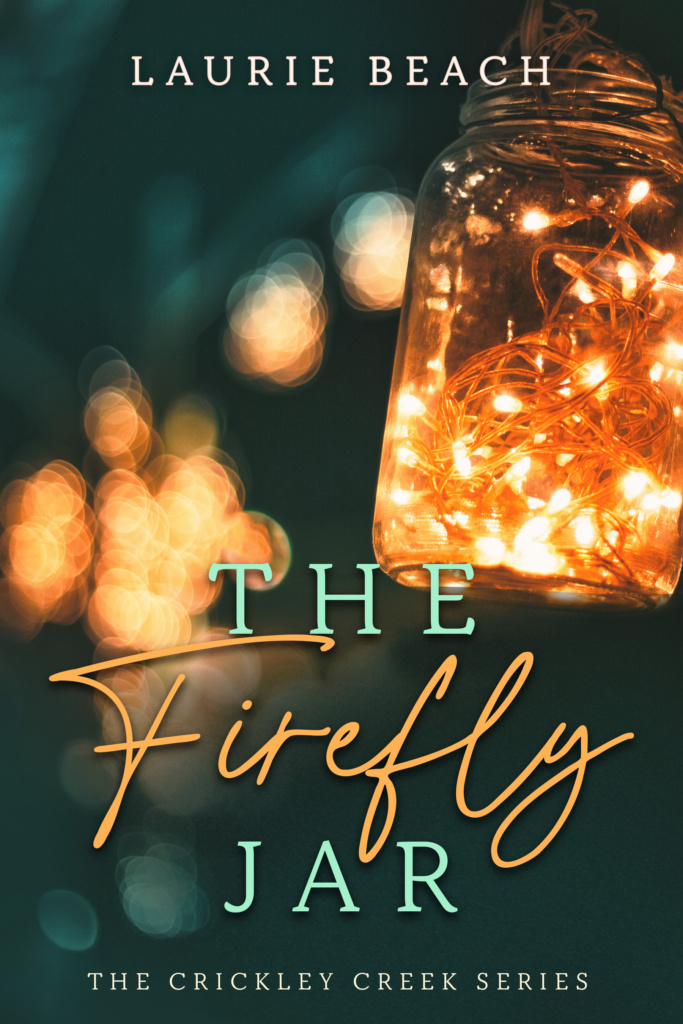 Growing up in Alabama, what elements of Southern life and culture do you incorporate into your novels? I moved to Alabama in the second grade and left after graduating college. My mother was from California, and my dad from Montana. I became an observer of southern ways because I felt as though I didn’t fit in. I tried so hard to conform and assimilate, that the “fish out of water trope” from The Firefly Jar came naturally to me. Now, I feel incredibly lucky to understand some of the cultural idiosyncrasies, and to have experienced people who I used to perceive as different, but have grown to deeply love and appreciate.
Growing up in Alabama, what elements of Southern life and culture do you incorporate into your novels? I moved to Alabama in the second grade and left after graduating college. My mother was from California, and my dad from Montana. I became an observer of southern ways because I felt as though I didn’t fit in. I tried so hard to conform and assimilate, that the “fish out of water trope” from The Firefly Jar came naturally to me. Now, I feel incredibly lucky to understand some of the cultural idiosyncrasies, and to have experienced people who I used to perceive as different, but have grown to deeply love and appreciate.
What aspects of Southern settings do you find most romantic, and how do you incorporate these elements into your love stories? I am an absolute sucker for ancient oaks and Spanish moss. If I could make my husband propose to me all over again, I’d have him do it under a hairy 200 year-old tree.
How do you balance the charm of Southern hospitality with the potential for conflict in your romance plots? The opposite of charm is revulsion or displeasure and the South is filled with brilliantly sneaky ways of expressing those emotions. Balancing charm and conflict is so much fun! Can you share an example from one of your books where this balance is key to the story? In a name, Virginia Buchanan. She is a layered antagonist with a friend, Birdie, who is like a parrot on her shoulder telling all of her secrets. In the opening scene of The Firefly Jar, Virginia acts as the consummate hostess, until Charlotte Sinclair shows up. At this point the reader witnesses a woman behaving in the nicest way while expressing deep hatred at the same time. Birdie’s character is useful for pointing out Virginia’s sly digs and explaining why she’s doing it, thereby helping to maintain the balance of charm and conflict.
How did raising four children impact your journey to becoming an author? I don’t know if my kids delayed my writing career or caused it! When my last two children (twins) were about to begin Kindergarten, my husband gave me the best advice. He said, “You are being given the gift of time, do something with it you’ve always wanted to do.” That’s when I wrote The Firefly Jar. Do any of your children share your love of writing? My stepson, Drew, is an avid reader and very creative. I hope he writes a book one day because it would be a bestseller! My daughter, Brooke, loves to read and is probably the child most likely to take after her mother in this way. My daughter, Allison, wrote a brilliant (yet unpublished) children’s book, and my daughter, Natalie, is a beautiful essayist and social media specialist. None of them have shown any desire to write a novel yet, but there’s still time!
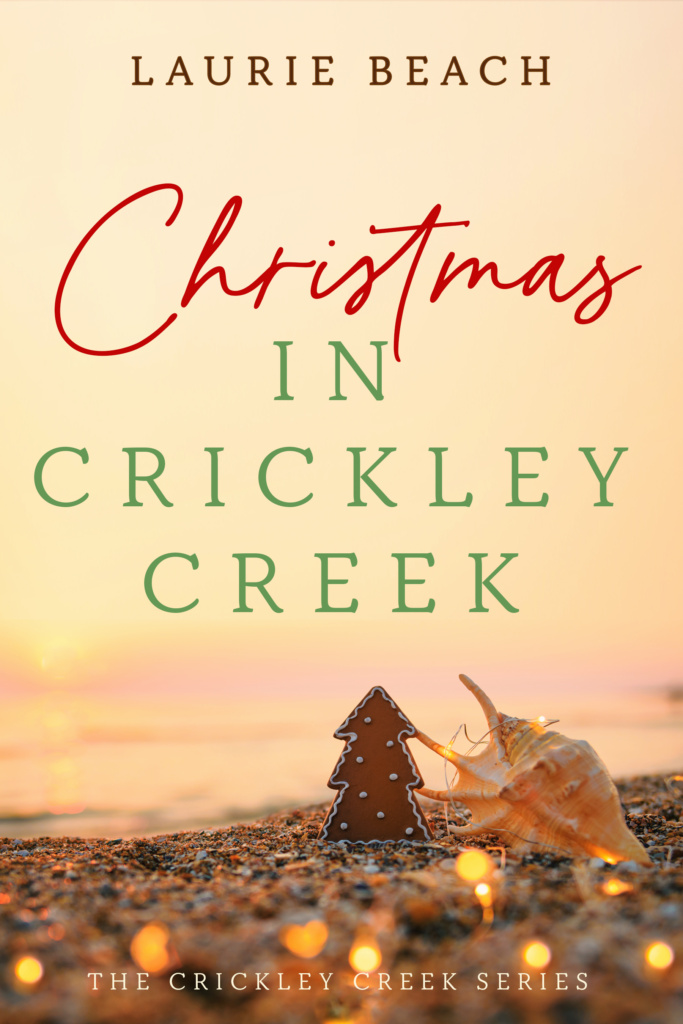 You mention being a sucker for elderly people and grumpy animals. Have any of these personal affinities inspired specific characters or scenes in your books? Absolutely! I volunteered for a hospice organization for five years and got so much joy from the people experiencing the I will say anything I want and I don’t care what other people think stage. It is so genuine and free. The character of Brownie in Christmas in Crickley Creek is one I hold especially dear for this reason. I even named him after my grandfather.
You mention being a sucker for elderly people and grumpy animals. Have any of these personal affinities inspired specific characters or scenes in your books? Absolutely! I volunteered for a hospice organization for five years and got so much joy from the people experiencing the I will say anything I want and I don’t care what other people think stage. It is so genuine and free. The character of Brownie in Christmas in Crickley Creek is one I hold especially dear for this reason. I even named him after my grandfather.
As far as grumpy animals, I feel like they’re misunderstood and see them as a challenge—a challenge that may or may not have landed one of my family members in the hospital with a dog bite on Christmas Eve. Animals are just like us, only they speak a different language. It takes time to learn it. I’m happy to say that we won that biting dog over and gave it a great life. Only one human and no animals were harmed in the process.
Why do you prefer happy endings in your stories? I’m one of those readers who feels betrayed if I spend hours on a book and get invested in the characters only to have a sad ending. I vowed to myself that I would never do that to people. Do you think they are important for readers today? I think readers should have all of the options. Sometimes we want a good cry, sometimes we want to be scared out of our minds (hello, Stephen King), and sometimes we just want to feel something. It doesn’t always have to be a romantic happy ending, but I do feel like we come to expect things from certain authors. For instance, I expect to cry with a Nicholas Sparks book, and I accept his endings, which are usually poignant, but not always “happy”. I just happen to be an author who strives to have her readers finish her books with a happy sigh and a warm feeling of time well spent. When circumstances in our lives have us down, it is nice to escape to a place where we can feel good.
How has living in California influenced your writing, especially compared to your Southern roots? I’ve been incredibly lucky that my family has remained in Alabama. I love noticing and enjoying the differences in both places. The food, the weather, social interactions, even what we do for fun varies in interesting ways. California has simply served to highlight those differences for me.
What types of books do you love to read, and how do they inspire your own writing? I always try to keep up to date on the books within my genre—women’s fiction. Outside of that, I go through phases. I read all of Harry Potter, the Twilight series, and I’ll even admit to reading Fifty Shades of Grey. I’ve also read tons of classics and every book by Jane Austen. Today, I’m reading a thriller (Stacy Willingham) and listening to RomCom (Christina Lauren). Everything from books to movies to real life inspires my writing. I’m always on the lookout for little gems that spark thoughts and ideas.
The Firefly Jar was a long-term project of yours long before it found its home with Tule. What were some of the biggest challenges you faced in keeping your story alive for so long? The Firefly Jar was the first book I ever wrote, and the one that I edited and revised over and over again as I learned storytelling techniques. It would be shelved for a while as I practiced writing other things, and then pulled back out again. I used it to look for an agent and I shared it with friends. It is the most deeply personal book I’ve written. The challenges I faced were both within myself, and typical in the industry. What would people think of the book? Was my writing any good? When I finally got the confidence to pitch it or query it to agents, most of the time the effort went without response. It took over fifteen years to find a publishing home. And what were the most rewarding moments once you finally landed with Tule and expanded Crickley Creek?
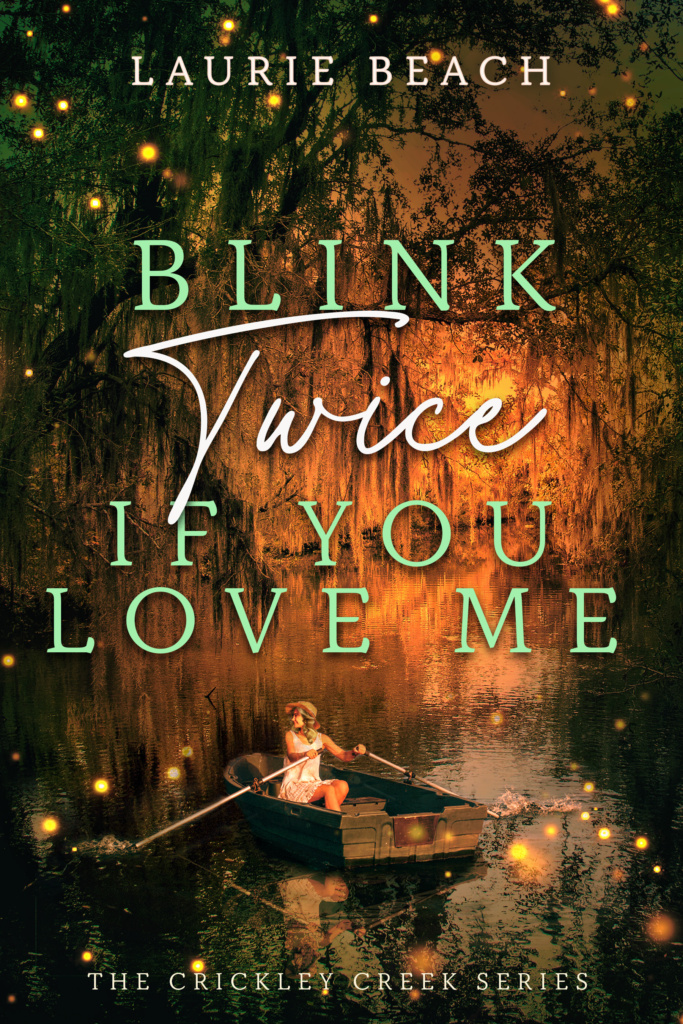 Writing the second book in the series, Blink Twice If You Love Me, was like going on vacation to my favorite spot. I love Crickley Creek and the fictional people who live there. It was so gratifying to visit my good friends again. I will always be indebted to Tule because they gave me not just a physical book, but an audience. To get such positive feedback from readers has fueled the flame of my love for writing and opened the door to the career I longed for. No matter what happens from here on out, the title of author is mine. I will always feel awe and gratitude for that.
Writing the second book in the series, Blink Twice If You Love Me, was like going on vacation to my favorite spot. I love Crickley Creek and the fictional people who live there. It was so gratifying to visit my good friends again. I will always be indebted to Tule because they gave me not just a physical book, but an audience. To get such positive feedback from readers has fueled the flame of my love for writing and opened the door to the career I longed for. No matter what happens from here on out, the title of author is mine. I will always feel awe and gratitude for that.
BONUS: What is one book that is a comfort read for you that you always find yourself reaching for? So many books feel like home to me, it’s impossible to choose just one. I find magical books like those by Sarah Addison Allen and Heather Webber to be comforting. But, if I was stuck in bed and needed to feel better, I’d want to be transported to my happy place—the Lowcountry. Therefore, I’d choose Anne Rivers Siddons, Dorothea Benton Frank, or Pat Conroy.


